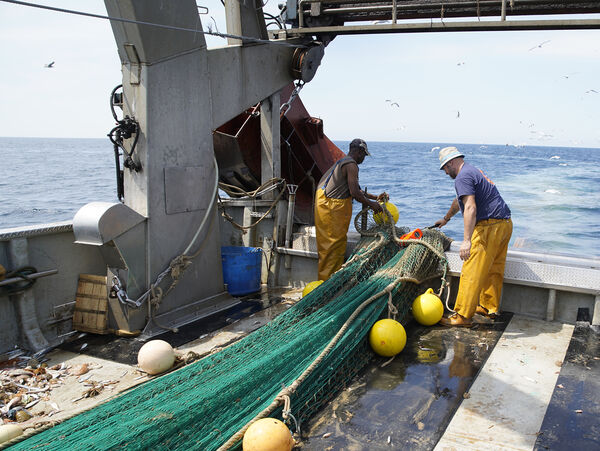
SEAQUAL OCEAN PROJECT
Mar 15, 2019
The issue of sustainability and the conservation of resources is a top priority at JACK WOLFSKIN. So the new season has a special focus on products made from recycled materials. The outdoor clothing and equipment company is raising the bar again by partnering with SEAQUAL, a Spanish company that works with 1,500 fishermen in the Barcelona area who collect plastic waste from the bottom of the Mediterranean.
The plastic is turned into SEAQUAL fibres, which are used to produce high-quality yarns. The current collection uses the SEAQUAL yarn for the OCEAN T series’ sustainable T-shirts.Every year, 8 million tonnes of plastic waste end up in our oceans. According to scientific extrapolations, by 2050 the mass of all the plastic in the oceans will be greater than that of all marine creatures. 75 % of the plastic ends up on the seabed and endangers the unique ecosystem there. Plastic waste has now become one of the greatest threats to the environment. Therefore, one of the most important tasks we face is not to produce even more plastic in the future, but rather to reuse it. For JACK WOLFSKIN, the SEAQUAL partnership represents another step towards recycling valuable resources, as well as offering a chance to add more recycled materials to its range. The Steingässer family, who are brand ambassadors for JACK WOLFSKIN, support the SEAQUAL OCEAN PROJECT.
ACTIVE ENVIRONMENTAL PROTECTION – CLEAN SEAS, NEW YARN
For fishermen, the ocean is their livelihood, but increasingly, they are catching more plastic and waste than fish. 1,500 fishermen from the Barcelona area with their 400 boats have joined the SEAQUAL OCEAN PROJECT. Each day they collect a tonne of plastic waste from the bottom of the Mediterranean and bring it back to land with their catch. Here, the waste is sorted into different materials and sent to recycling stations. PET bottles are shredded into flakes and pressed into pellets. And these pellets are eventually extruded into SEAQUAL fibres. Each kilogram of SEAQUAL produced means one less kilo of waste on the ocean floor. The fibres can in turn be used to make high-quality products.
SUPPORT FROM BRAND AMBASSADORS
The Steingässers, JACK WOLFSKIN’s brand ambassador family, are enthusiastic about the SEAQUAL idea and went to see the project in Spain. Jana Steingässer, an ethnologist and writer, and her husband Jens, a photographer, have been travelling the world with their four children for eight years now, investigating signs of climate change. As part of their environmental journalism project, they are currently studying a whole range of issues to do with water.For the SEAQUAL project, the Steingässer family accompanied Spanish fishermen from the Barcelona area, helped sort the plastic waste from the catch and followed the recycling process that turns the PET waste into high-quality yarns. ‘SEAQUAL is an important project for making the issue of plastic waste visible,’ says Jana Steingässer. ‘Instead of being tipped back into the sea, the plastic is now brought to land and recycled.’ The partnership sends a strong signal and supports consumers who want to shop responsibly in terms of resources and the environment. The SEAQUAL OCEAN PROJECT adds another dimension to JACK WOLFSKIN’s use of recycled materials.
OCEAN T MEN
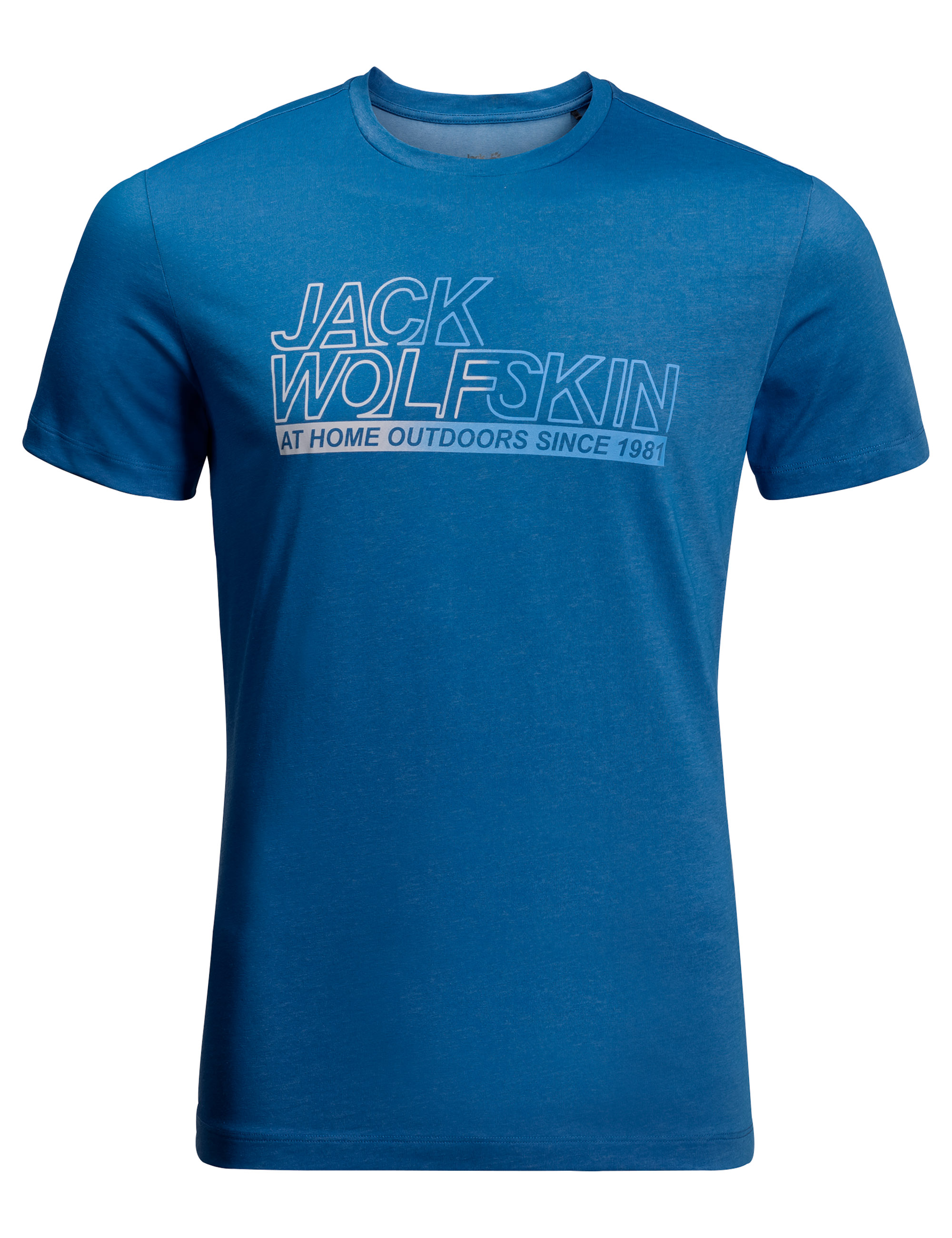
OCEAN T WOMEN
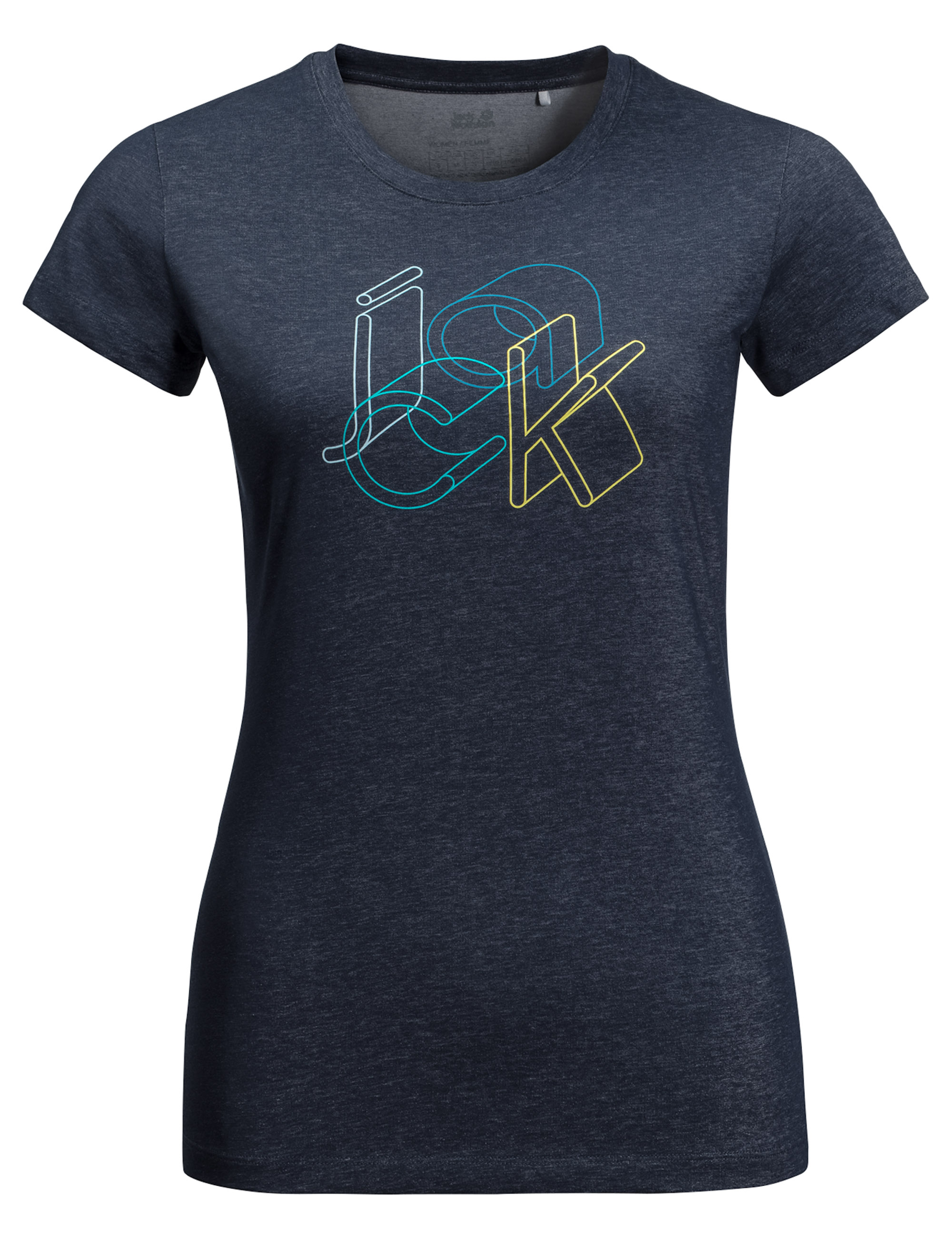
Guidelines on the use of press materials:The contents provided can be used free of charge as part of editorial coverage on JACK WOLFSKIN. Misleading commercial use is regarded as unlawful. Each photo publication must be followed by the note “Photo: JACK WOLFSKIN” and, unless detailed in the picture caption, must be accredited to the photographer.Please send specimen copies to the address mentioned below.
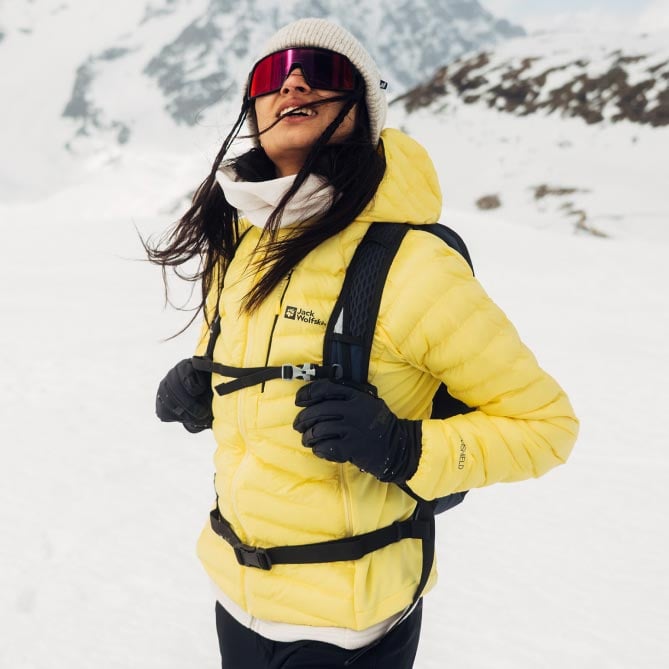
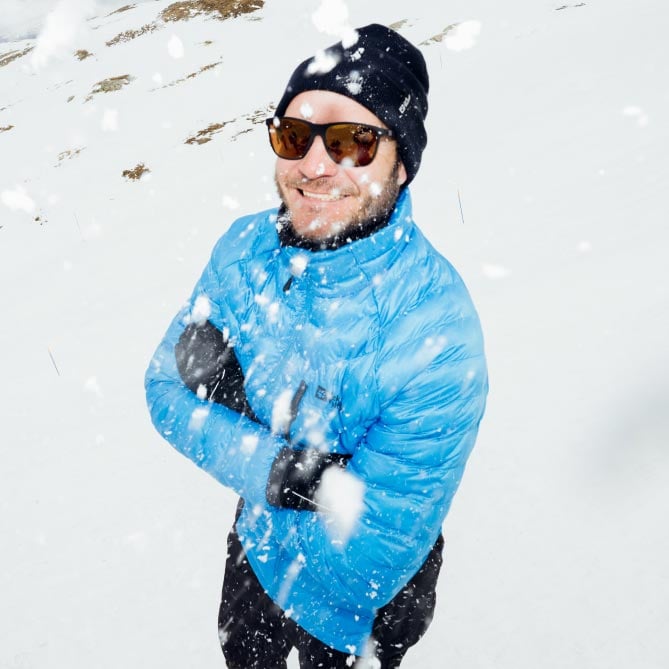
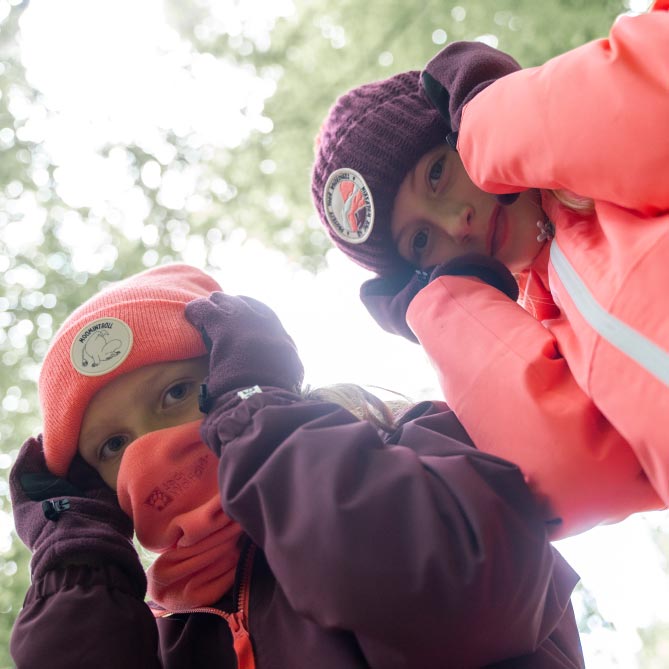
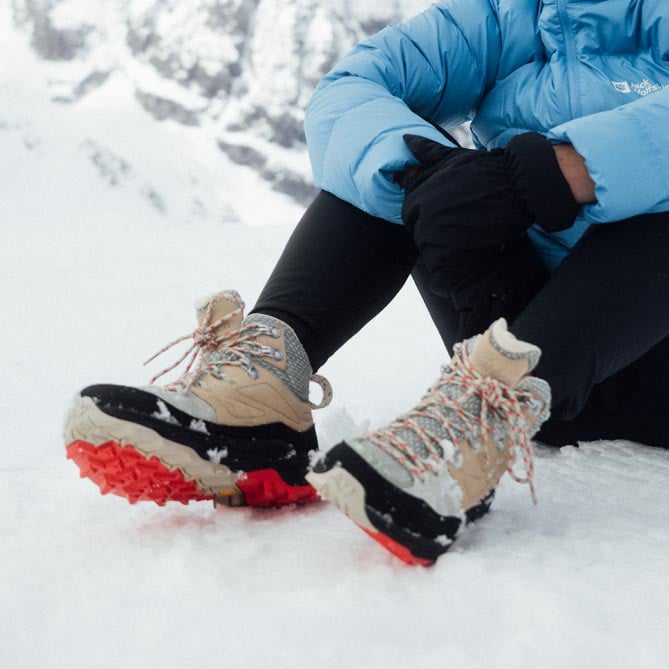
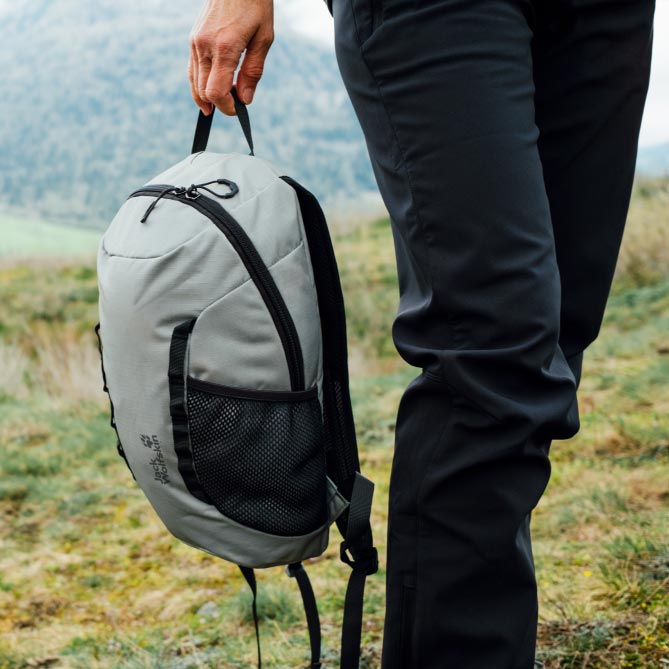
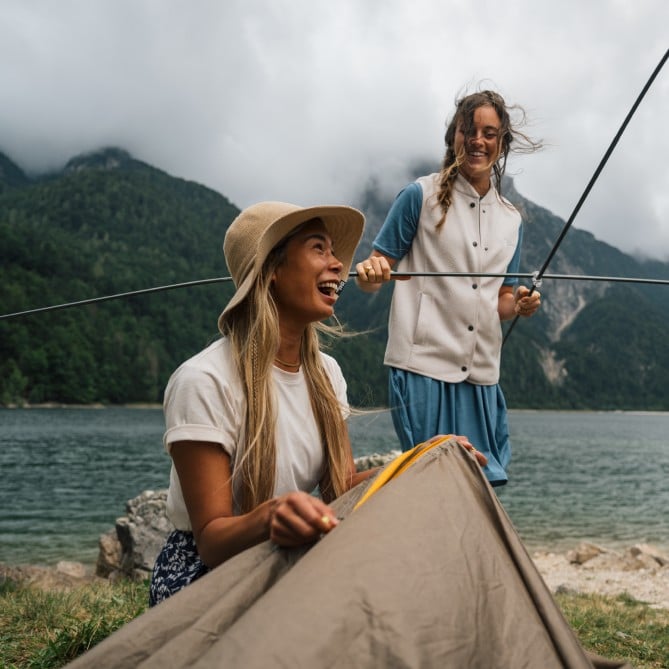
 Germany
Germany
 Austria
Austria
 Switzerland
Switzerland
 United Kingdom
United Kingdom
 Belgium
Belgium
 Bulgaria
Bulgaria
 Croatia
Croatia
 Cyprus
Cyprus
 Czech Republic
Czech Republic
 Denmark
Denmark
 España
España
 Estonia
Estonia
 Finland
Finland
 France
France
 Greece
Greece
 Hungary
Hungary
 Ireland
Ireland
 Italy
Italy
 Latvia
Latvia
 Lithuania
Lithuania
 Luxembourg
Luxembourg
 Netherlands
Netherlands
 Polska
Polska
 Portugal
Portugal
 Romania
Romania
 Slovakia
Slovakia
 Slovenia
Slovenia
 Sweden
Sweden
 LaCordee.com - CAN
LaCordee.com - CAN